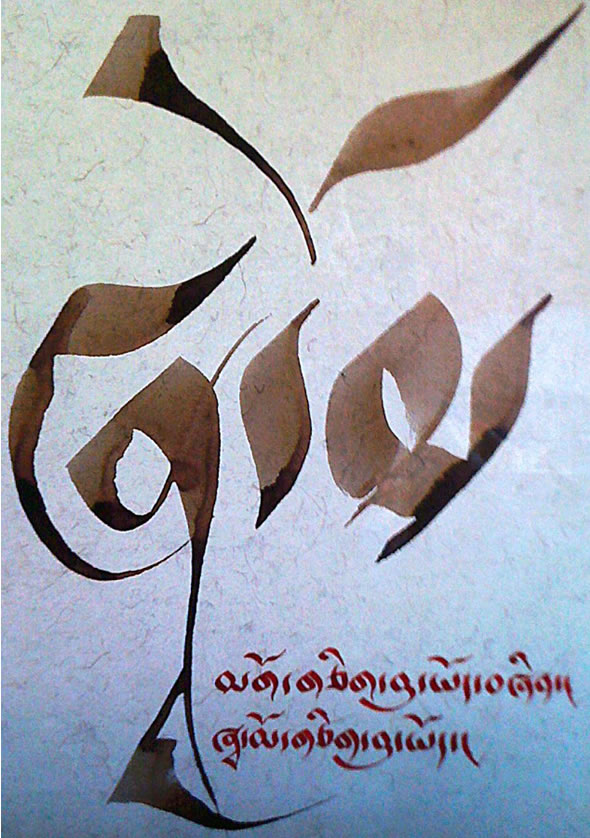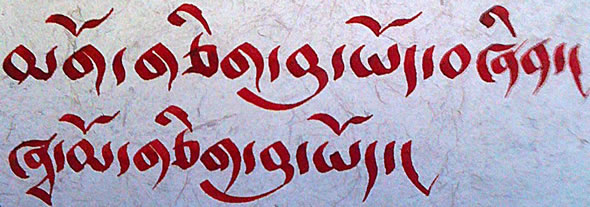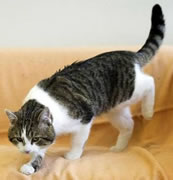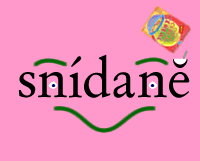I listened to some Cantonese on RTHK this morning, and while I didn’t understand everything, I could get the gist of the news stories. Then I saw that RTHK has a Mandarin channel as well, so I listened to that for a while and noticed that when they had outside reports and interviews, many of the reporters and interviewees spoke in Cantonese, which wasn’t translated into Mandarin. I assume they don’t bother with translation because the majority of their listeners can speak both Cantonese and Mandarin.
Other radio stations do the same sort of thing – Radio Cymru doesn’t translate bits in English into Welsh, and source], and it comes from the New Latin macaronicus, from Italian dialect maccarone (dumpling, macaroni) [source]. As it is usually used for humorously or satirically , it might not be the best term to describe this type of language use on the radio.
Are there other radio or TV stations that assume their listeners are bilingual or multilingual and that leave segments in other languages untranslated? Do any such stations do so for more than two languages?




